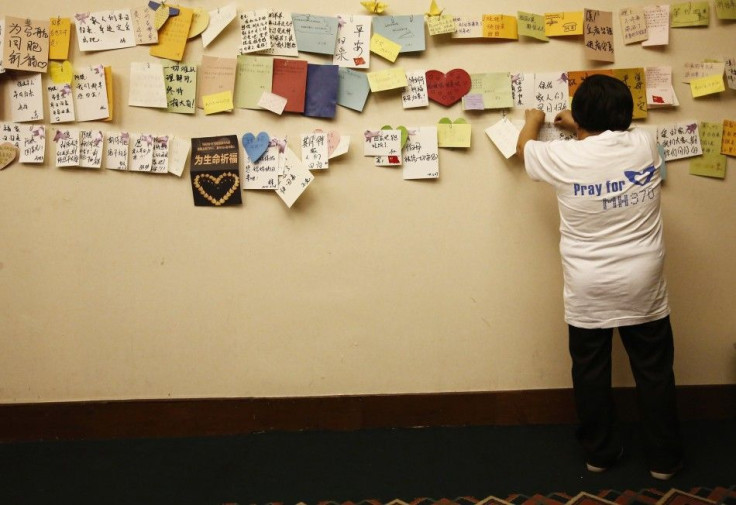Global Aviation Industry to Work on Tracking Technology, Fears Repeat of Mystery Malaysia Airlines MH370

The International Air Transport Association (IATA) has formed a taskforce that will work on creating a technology to track all aircraft in the world. The group is composed of airlines, pilots, flight safety organisations and flight tracking and navigation service providers.
Its main goal is to ensure the Malaysia Airlines flight MH370 experience does not get repeated in the future.
"We're going to be focusing on the tracking of aircraft and not streaming of data," Tony Tyler, IATA CEO, said at the group's annual meeting, in Doha, Qatar.
"The loss of MH370 points us to an immediate need. A large commercial airliner going missing without a trace for so long is unprecedented in modern aviation. It must not happen again," he stressed.
The Malaysia Airlines MH370 vanished on March 8 during a flight from Kuala Lumpur to Beijing with 239 people on board. It has yet to be found until now. Inadequate tracking has been among the factors blamed for failure to locate the missing airliner.
Tyler said IATA is currently working with the UN's International Civil Aviation Organization (ICAO) and other global aviation experts to identify the best recommendations for improved global tracking. They expect to present to ICAO by September a line of draft options.
"Our ultimate goal is to predict the potential for accidents and so ensure that they don't happen. This is not science fiction. Each new data contribution and every improvement in our analytical capabilities moves this closer to reality," Tyler noted.
Kevin Hiatt, senior vice president for Safety and Flight Operations for IATA, said the industry currently employs a mix of radar, satellite and voice communications to track global aircraft. He cautioned however that a one-size-fits-all tracking solution might not work.
"Not all aircraft are equipped the same, it's just like an automobile, there are different options you can fit in the aircraft, so we'll explore what options are currently onboard and see how it can be used to fill this gap," CNN quoted Hiatt.
"Maybe some carriers already have what they need to start and there might be some that have absolutely nothing and have to start."
All airline companies, however, agree they should invest in tracking technologies no matter the cost.
"Flight data is now sent from the plane every 10 minutes," Alexandre de Juniac, CEO of Air France-KLM, told CNN. "We have the equipment on board; it's a decision plus some investment to increase the frequency of the messages."





















